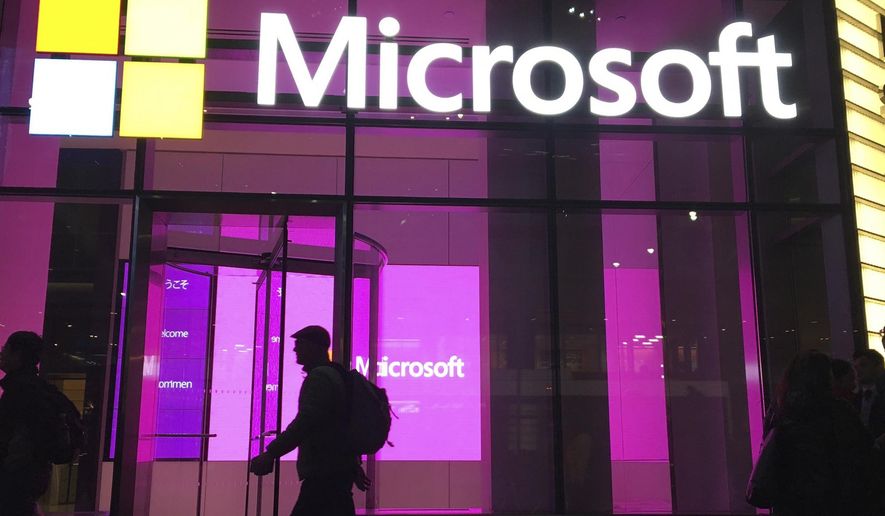Big Tech is rethinking its political advocacy under President Biden and the new Democrat-controlled Congress.
Microsoft is deciding whether to suspend donations to Republicans who challenged the 2020 election’s outcome, after making the majority of its donations during the last election cycle to GOP candidates.
Microsoft has set a Feb. 15 deadline for when it will announce how it will handle donations from its PAC going forward, after consultation with the company’s employees. The company has not tipped its hand on whether it will suspend donations from its PAC, but Microsoft executives have told employees that “this is not a normal year.”
In a meeting with employees, Microsoft President Brad Smith justified the use of the PAC despite admitting that he, too, had questioned its utility.
“I can tell you that, you know, it plays an important role, not because the checks are big, but because of the way the political process works. Politicians in the United States have events, they have weekend retreats. You have to write a check, and then you’re invited, and you participate,” said Mr. Smith to employees last week, according to a transcript published on Microsoft’s blog.
“So, if you work in the Government Affairs team in the United States, you spend your weekends going to these events. You spend your evenings going to these dinners, and the reason you go is because the PAC writes a check. But out of that ongoing effort, a relationship evolves and emerges and solidifies,” he explained.
Mr. Smith told employees that he has cold-called people in government and received a good response because of their preexisting, positive relationship with his company.
In the 2019-2020 election cycle, Microsoft’s PAC donated $465,000 to Republican candidates for federal office and $355,500 to Democratic candidates, according to the Center for Responsive Politics’ OpenSecrets.org database.
Mr. Smith told employees that 91% of the Fortune 100 companies have similar PACs and 75% of the Fortune 500 does likewise.
Several large companies in the tech sector have paused or changed donation plans to GOP candidates that the companies say worked to overturn the election. Best Buy, Cisco Systems, Amazon, and Intel are just a few of the companies that have halted donations to congressional candidates who objected to certifying the 2020 election results, according to reports.
Despite the backlash from corporate technology companies, Republican leadership is not publicly sweating its decision-making.
When asked at a press conference last week whether he was concerned about fundraising amid corporate PACs changing their plans, House Minority Leader Kevin McCarthy told reporters, “Not at all.”
If the tech sector’s campaign donations drastically change, its lobbying work may not similarly dramatically change. Several Big Tech companies are bracing for new rules or regulations that affect their business from the Biden administration and Congress.
Facebook and Amazon led the way for federal lobbying in 2020 among American companies. Facebook’s lobbying budget increased 18% to nearly $20 million in 2020, according to The Wall Street Journal, and Amazon similarly spent about $18 million.
Facebook and Amazon will remain active in the lobbying realm in 2021 as the appetite to break up some of the internet’s dominant players continues to grow. Sen. Amy Klobuchar, Minnesota Democrat, is set to take the reins of a key antitrust panel within the Senate Judiciary Committee and is intent on holding tech companies “accountable.”
House Judiciary Committee’s Democratic leadership published a 450-page report last year that called for the separation of some dominant platforms, after investigating Amazon, Apple, Facebook and Google.
While some economic-focused Republicans could prove to be allies of tech companies, the cold-shoulder from corporate tech PACs and conservative users’ gripes against Big Tech could make the tech sector exceedingly vulnerable.
• Ryan Lovelace can be reached at rlovelace@washingtontimes.com.




Please read our comment policy before commenting.